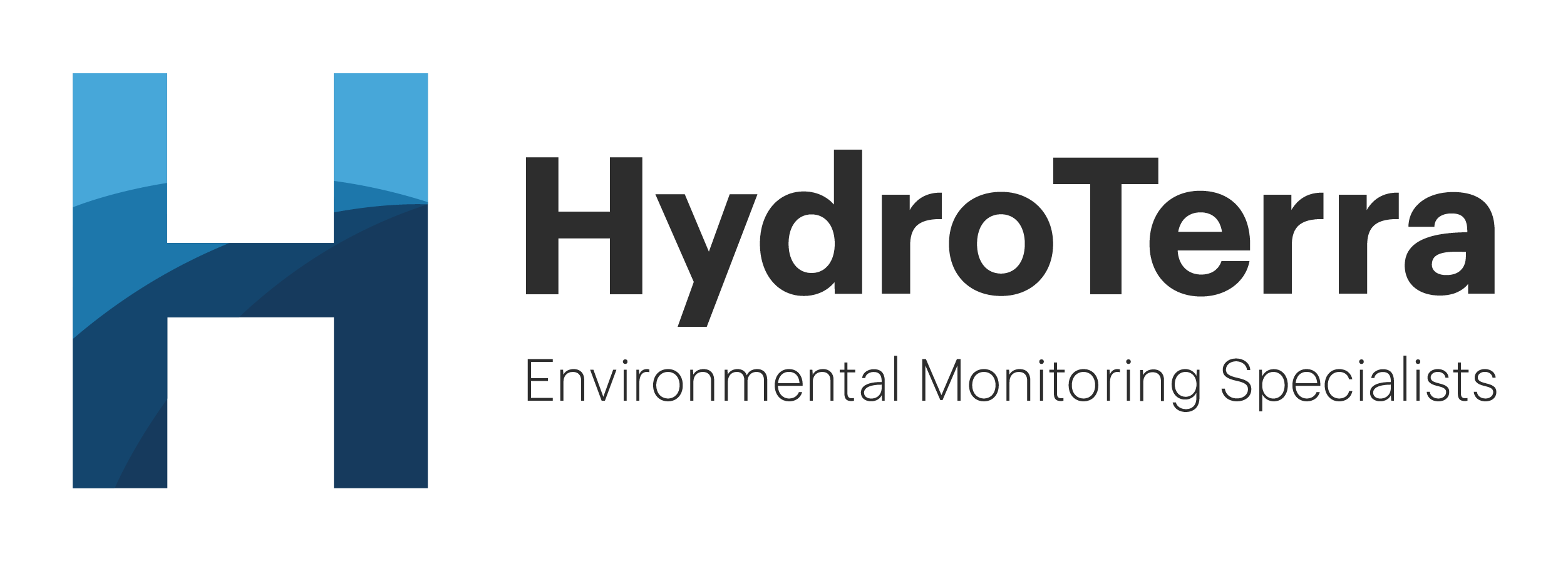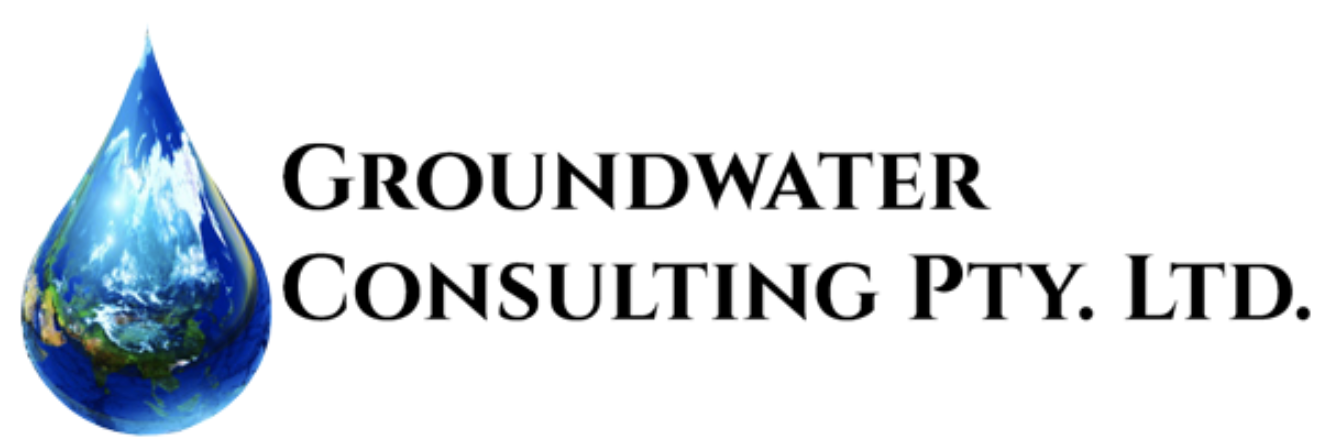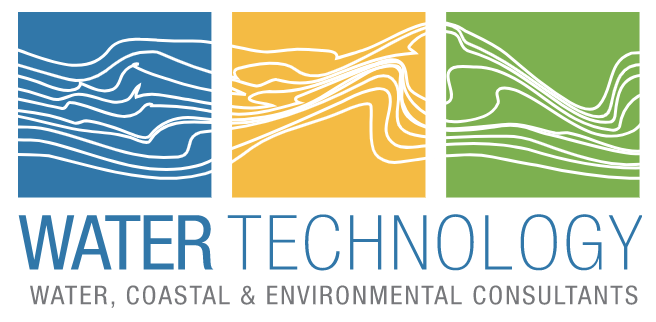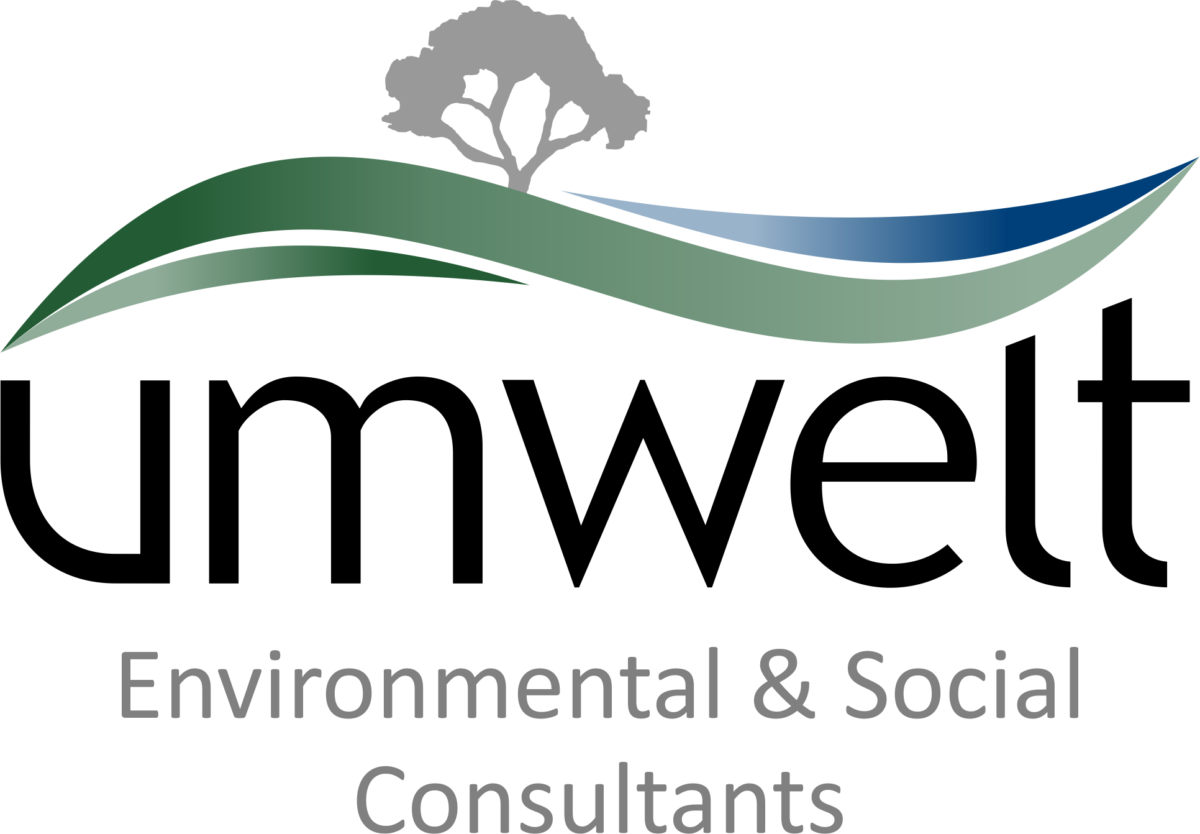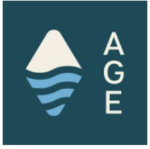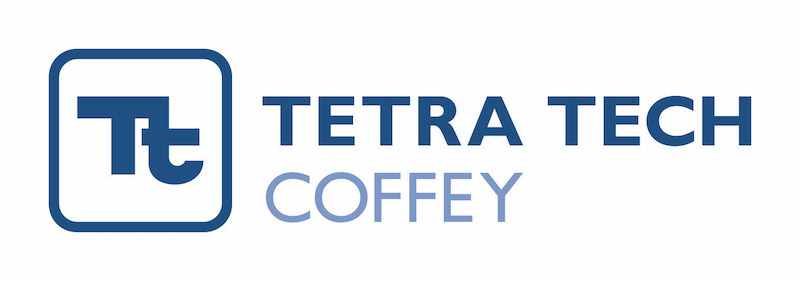About this event
Link to online presentation will be sent with registration otherwise click here to join event
Presenter: Ian Cartwright, Professor in the School of Earth, Atmosphere and Environment at Monash University
Abstract
Determining the residence times of groundwater is vital for our general understanding of geology, assessing sustainable use, quantifying recharge, and predicting contaminant transport. Recent analytical advances have led to us being able to readily employ a wide range of techniques, including the well-established radioisotopes (14C, 3H, and 36Cl), new radioactive noble gas tracers (39Ar, 81Kr, and 85Kr), and anthropogenic contaminants (notably the chlorofluorocarbons and sulfur hexafluoride) to estimating groundwater residence times. The proliferation of data, however, has come at a time where our understanding of what we are measuring has become less certain. It has long been known that, due to variations in flow paths and dispersion, groundwater has a mean residence time (the average age of the water molecules in a sample) and a residence time distribution (the spread of the ages of the water molecules in a sample) rather than a specific age. Many studies, however, still essentially report ages of groundwater, which provide an incomplete understanding. The use of multiple tracers on single samples reveal that macroscopic mixing between waters of distinctly different ages may be common, which further complicates our goal of dating the groundwater. This talk will review some of the common dating techniques used in groundwater dating and assess what information and understanding they yield on groundwater flow systems.
Biography
Ian Cartwright is a Professor in the School of Earth, Atmosphere and Environment at Monash University. His primary research involves application of environmental tracers (especially stable and radioactive isotopes) to understanding the residence times of water in catchments, groundwater-surface water interaction, recharge, and the origins and fate of nutrients in groundwater and surface water. He delivers university courses at both undergraduate and postgraduate levels on these topics and also is a regular presenter of professional short courses for local and international organisations. He is also involved in consulting and provides expert advice to state and federal government agencies.





